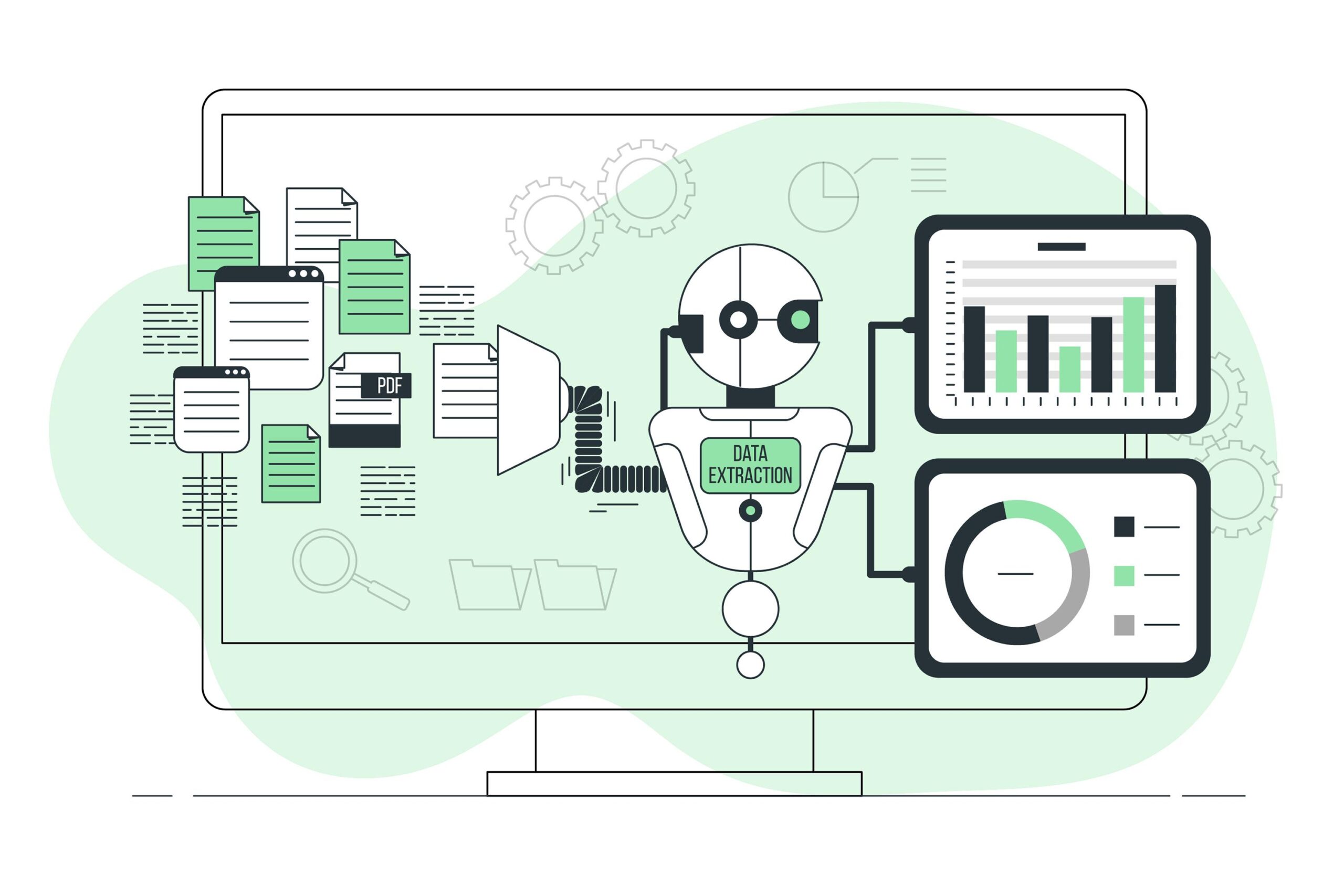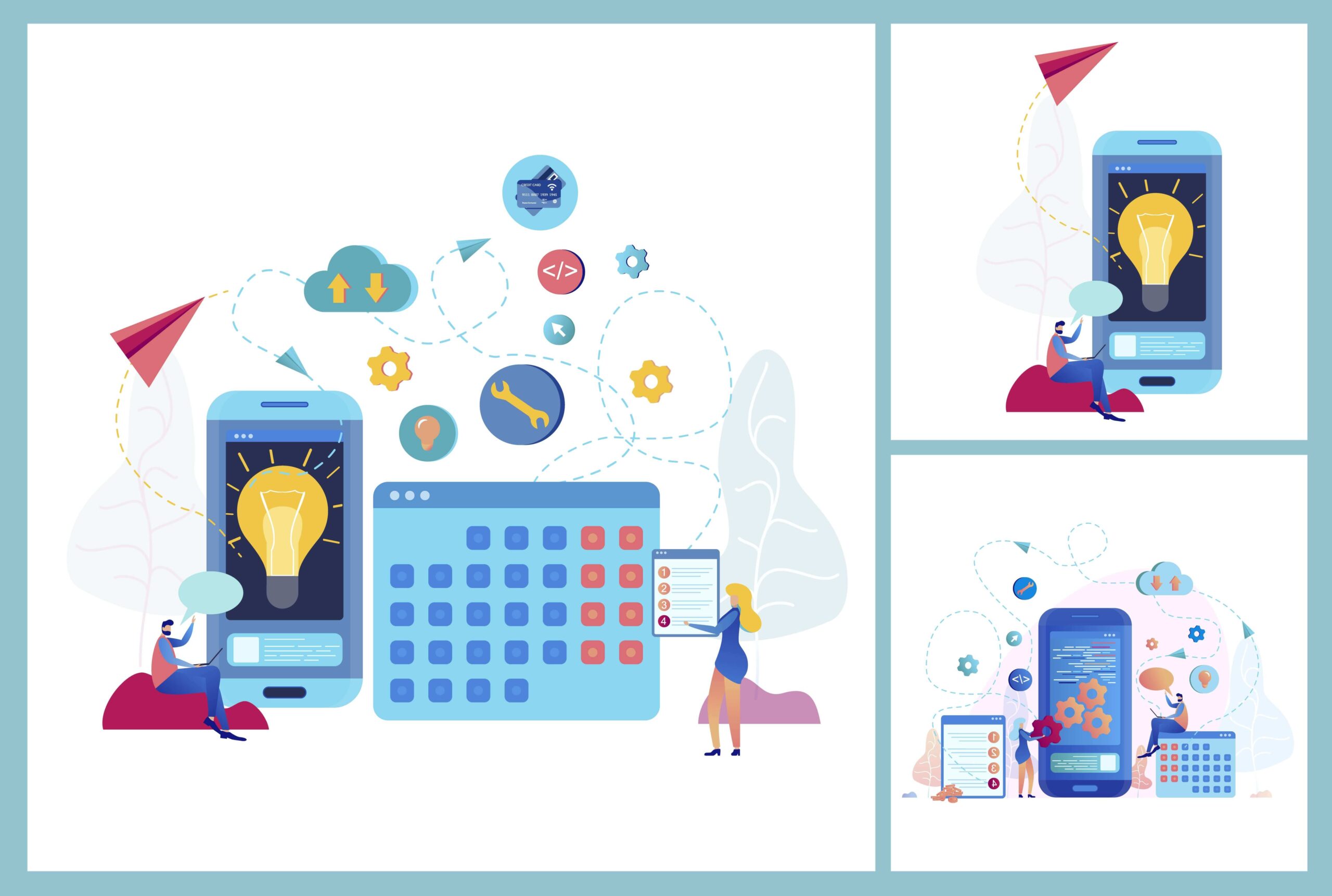Accounting software has undergone a revolution due to artificial intelligence (AI), which has increased its effectiveness, efficacy, and precision. Accounting software may automate a variety of time-consuming, repetitive operations, including data entry, reconciliations, and report production. Accountants may now concentrate on more strategic responsibilities like analysis and decision-making because of the time they have saved. AI may be able to identify errors and discrepancies in financial data, hence lowering the risk of fraud and enhancing overall data accuracy. Because of this, AI-driven accounting software has emerged as a crucial tool for contemporary firms wishing to automate their accounting procedures and derive insightful information from their financial data.
AI in Accounting
Artificial intelligence in accounting is mostly concerned with data and automation. Data analytics in accounting may be improved and new techniques developed thanks to machine learning, an AI-powered technology.
As more parts of bookkeeping, accounting, and finance are aided by technology, data gets sharper… and bigger. The capacity to swiftly access and understand it is one significant advantage that AI unlocks.
AI can improve data manipulation, finance, and audit procedures. The use of information organization tools based on technology can speed up these critical processes significantly and lower the risk of human error.
Also read: 7 Best Accounting Software For Small Business 2023
Impact of Artificial Intelligence (AI) in Accounting Software
Accounting software has been significantly impacted by artificial intelligence (AI), which has completely changed how organizations handle their finances. Accounting software may use AI to automate time-consuming and repetitive operations like data entry, classification, and reconciliation. This improves productivity, lowers errors, and conserves time and money. AI-powered accounting software can also offer useful insights into a company’s financial data, assisting organisations in making better decisions.
Predictive analytics, for instance, can be used to estimate cash flow and revenue, while anomaly detection can be used to find potential fraud or mistakes. Additionally, chatbots powered by AI can offer immediate assistance and responses to typical accounting concerns, enhancing client satisfaction and service. In general, the accounting industry has undergone a revolution because of the incorporation of AI into accounting software, becoming more precise, effective, and accessible.
AI in Accounting Software
Businesses of all sizes utilize a variety of accounting and bookkeeping tools every day, including Quickbooks, Oracle, FreshBooks, and Zoho Books. All of these contain some form of AI.
Accounting software has made accounting professions infinitely simpler, allowing employees to think critically, get a complete picture of a company’s finances, and collaborate with experts in different fields to get things done.
AI manages and processes data in a way that would often take a lot of human time and delivers it in a form that can be used, sometimes immediately. Future-oriented businesses have already invested in AI assistants and platforms, which can give them a significant competitive advantage.
Advantages of AI in Accounting Software
The primary benefits of AI in Accounting are as follows:
Automation of repetitive tasks:
Artificial intelligence (AI) may automate repetitive operations like data input, categorization, and reconciliation, freeing up accountants to work on more strategic projects. As a result, productivity rises, and error probability declines.
Enhanced accuracy:
AI-powered accounting software can spot trends and irregularities in financial data, aiding in the detection of mistakes and possible fraud. This increases the accuracy of financial reports and lowers the possibility of financial loss as a result of fraud or mistakes.
Efficiency gain:
AI-powered accounting software can analyse enormous amounts of financial data fast and accurately, saving time on data entry and reconciliation tasks that were previously done manually. As a result, accountants are more productive, can focus on jobs that have a higher economic value, and save time and resources.
Improved insights:
AI can analyse financial data to offer insightful information about the financial health of a company. Predictive analytics, for instance, can be used to estimate revenue and cash flow, while anomaly detection can be used to find prospective problems or opportunities.
Better customer support:
Chatbots powered by AI can offer immediate assistance and responses to frequent accounting queries, enhancing customer support and satisfaction. By doing this, companies may offer a higher level of customer care while also lessening the stress on their accounting team.
Also read: Must-Have Features of a Modern Accounting Software
Conclusion:
In conclusion, accounting software’s use of AI has revolutionized how companies handle their accounts. Accounting software now offers the ability to automate monotonous activities, boost productivity, raise accuracy, offer insightful data, and improve customer service. Through these advantages, accounting procedures have become quicker and more effective, and firms are now better equipped to plan for their financial future. We can anticipate the emergence of increasingly more sophisticated and advanced accounting software as AI technology develop, which will benefit businesses even more. In the end, businesses can concentrate on what they do best while leaving the financial management to their AI-powered software thanks to the integration of AI into accounting software, which is a game-changer for the accounting sector.




